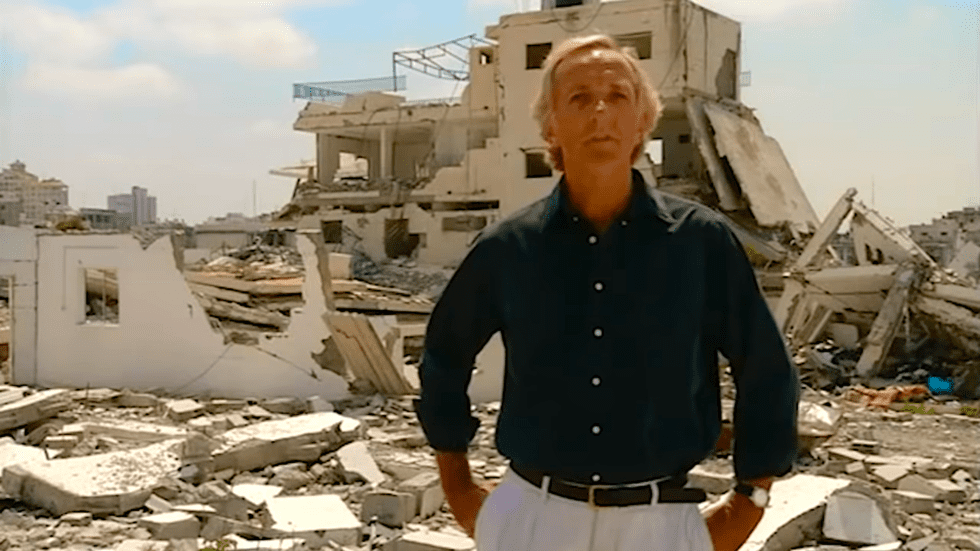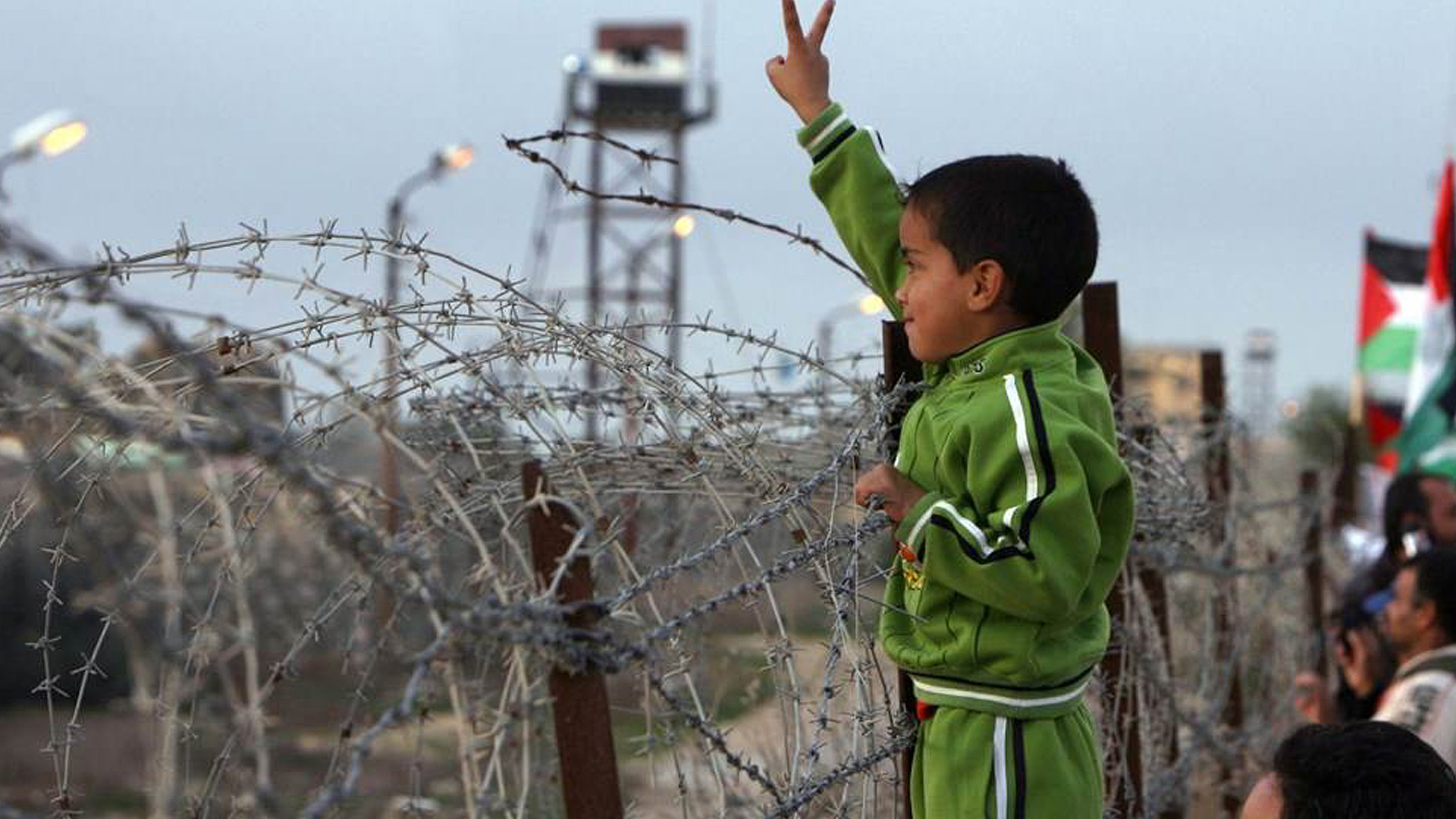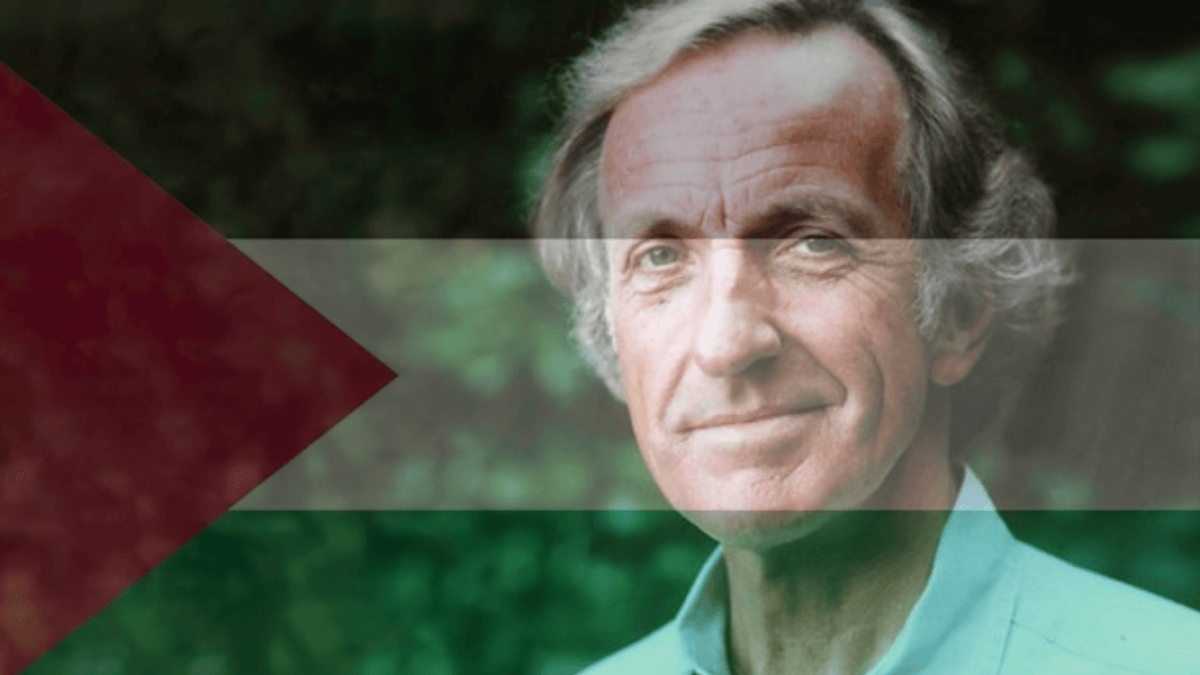
Ethnic cleansing attended the birth of Israel but, more than 50 years later, the country is still in denial about its bloody past. Those who speak out risk their jobs.
Behind the turbulent news from Israel, a struggle for historical truth has passed almost unnoticed outside academic circles; yet its wider significance is epic. In May 1948, more than 200 Palestinians were killed by the advancing Jewish militia in the coastal village of Tantura, south of Haifa. According to the recorded testimony of 40 witnesses, both Arab and Jewish, half the civilians were shot in a “rampage”. The rest were marched to the beach, where the men were separated from the women and children. They were taken to a wall near the mosque where they were shot in the back of the head.
The “cleansing” of Tantura (a term used at the time) was a well-kept secret. When they were interviewed four years ago, several Palestinian witnesses said they feared for their lives if they spoke out. One survivor, who as a child witnessed the murder of his entire family in Tantura, said to the interviewer: “But believe me, one should not mention these things. I do not want them to take revenge against us. You are going to cause us trouble . . .”
Trouble indeed. The researcher, a student called Teddy Katz, has had his masters degree annulled by Haifa University, even though he was awarded a top grade by the Middle Eastern department. When his research was revealed in the Israeli press, Jewish veterans of the attack on Tantura sued him for libel, and several Jewish witnesses recanted.
Katz had breached the taboo of the ethnic cleansing that gave birth to Israel and which the Palestinians mourn as Nakba – the catastrophe.
Without waiting for the case to come to court, the university struck Katz’s name from its honour roll. Whispered to be a traitor, and under pressure from his family and friends, Katz, a devout Zionist who lived on a kibbutz, apologised. Twelve hours later, he retracted his apology.
Professor Ilan Pappe is one of the few to have read all the transcripts of more than 60 hours of Katz’s taping of eyewitness evidence. “They include,” he wrote, “horrific descriptions of executions, of the killing of fathers in front of children, of rape and torture.” He describes Katz’s thesis “as a solid and convincing piece of work whose essential validity is in no way marred by its shortcomings”. The shortcomings, he says, come down to four minor mistakes. But the importance of the Katz research is its illumination of Israel’s history in terms of “the expulsion, direct and indirect, of some 750,000 Palestinians, the systematic destruction of more than 400 villages and scores of urban neighbourhoods, as well as the perpetration of some 40 massacres of unarmed Palestinians.”
Although other prominent scholars supported Katz, a silence and hostility familiar to those who break academic and political ranks in Israel descended on the case. Since the election of Ariel Sharon last year, this hostility is such that not even national heroes are forgiven. Last month, Yaffa Yarkoni, “Israel’s Vera Lynn”, whose emotional, wistful songs have celebrated Zionist triumphalism from 1948 to the present day, lost her huge popularity overnight when she remarked that Israeli soldiers ought not to be writing numbers on the arms of Palestinians. “Isn’t that what the Germans did?” she asked. One newspaper headline called her an “enemy of the people”; an editor said she “has joined the new anti-Semites in Europe”.
In challenging the Zionist version of Israel’s past, Ilan Pappe is one of Israel’s “new historians”, a distinguished and courageous critic. He has likened the Israeli state to apartheid South Africa, with its Palestinian “bantustans” and plethora of humiliating controls which now restrict the movement of people within their own communities. He says that Sharon’s goal is to begin the mass expulsion of Palestinians across the Jordan; only a pretext is required. According to one poll, 44 per cent of Israelis support this latest “cleansing”, known as “transfer”, another euphemism from the past. In 1948, David Ben-Gurion, Israel’s founding prime minister, wrote, “We have accomplished our settlement by transfer of the [Palestinian] population.”
Not quite. The notion of a “final transfer” is supported by a number of cabinet members in the ruling Likud government, by leading Labour Party members and professors and media commentators. “Very few now dare to condemn it,” says Pappe. “A circle has been closed. When Israel took over almost 80 per cent of Palestine in 1948, it did so through settlement and ethnic cleansing. The country has a prime minister who enjoys wide public support and who wants to determine by force the future of the remaining 20 per cent.”
Now it might be Professor Pappe’s turn to be expelled from Haifa University. In an open letter circulated two weeks ago, he writes that the dean of the humanities department has demanded his expulsion for criticising the university over the Katz case. This runs deeper; Pappe has been a consistent opponent of Israel’s illegal military occupation of Palestine. He describes the university “court” that threatens to punish him as a “McCarthyite charade”. He has called upon “universities worldwide to debate a boycott of Israeli institutions, given their contempt for basic principles of academic freedom and dispassionate research”. He says that only international shaming, free of the intimidation that equates criticism of Israel with anti-Semitism, will break the silence about “horrific deeds in 1948, and so prevent their repetition”.
Others in Israel, as courageous as Ilan Pappe, are also under pressure, both crude and insidious. In Ha’eretz, Israel’s equivalent of the Guardian, two outstanding journalists, Amira Hass and Gideon Levy, have consistently reported the unpopular truth about Israel’s occupation of the remaining 22 per cent of the Palestine it conquered in 1967. They live daily with threats and hate mail. Upholding the bravest traditions of Jewish humanity, they need international solidarity.




